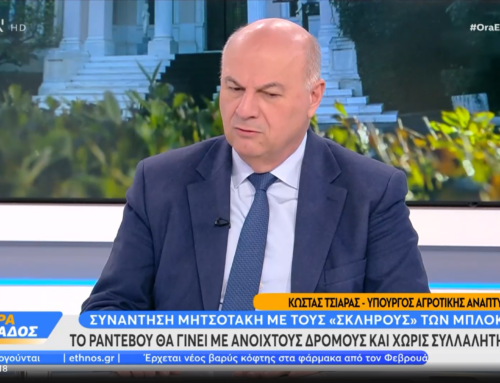
The Golden Visa Greece is a residency-by-investment program launched in 2013 by the Greek government to attract foreign capital into the country, particularly in the wake of the financial crisis. Under this scheme, non-EU/EEA citizens can obtain a five-year renewable residency permit in exchange for investing in Greek real estate or other eligible assets.
Key Features:
-
Minimum investment: As of 2024, the required investment starts at €250,000 but can rise to €500,000 in high-demand areas like Athens, Thessaloniki, Mykonos, and Santorini.
-
Eligibility: Non-EU/EEA nationals and their immediate family members (spouse, children, dependent parents).
-
Benefits:
-
Free movement within the Schengen Zone
-
No requirement to live in Greece to maintain residency
-
Renewable every five years if the investment is retained
-
Option to apply for citizenship after seven years of continuous residency (subject to conditions)
-
Arguments in Favor of the Golden Visa Greece Program
1. Boosts the Greek Economy
The program brings significant foreign investment into the country, especially in the real estate sector. During periods of economic instability or recovery, this inflow of capital helps stimulate growth, increase employment, and revive local markets.
-
Example: Neighborhoods in Athens that were in decline have seen revitalization due to increased demand and property renovation by foreign investors.
2. Strengthens the Real Estate Sector
Real estate, a traditionally strong pillar of the Greek economy, benefits directly from the Golden Visa. It has helped absorb surplus housing inventory from the crisis years, increasing property values and encouraging development projects.
-
Developers, construction firms, and real estate agents all benefit, creating a ripple effect across related industries.
3. Enhances Greece’s Global Attractiveness
By offering a competitive, low-barrier entry into Europe, Greece positions itself as a desirable destination for international families, retirees, and entrepreneurs. Compared to other EU golden visa programs, Greece’s is relatively accessible in terms of investment requirements and lifestyle benefits.
4. Generates Tax Revenue Without Public Spending
Unlike other residency routes that may require public funding or social benefits, the Golden Visa program generates income (e.g., through property taxes, legal fees, VAT on sales) without placing a direct burden on state resources.
5. Encourages Long-Term Engagement
Although the program doesn’t require physical residence, many investors eventually engage more deeply—either by relocating, starting businesses, or integrating culturally. This slow, organic integration is seen by many as a healthier form of immigration.
6. Promotes International Ties and Diplomacy
Golden Visa holders often act as informal ambassadors for Greece abroad. They contribute to the country’s soft power, boost tourism, and build transnational business connections that benefit Greece diplomatically and economically.
Conclusion
The Golden Visa Greece is not just a legal instrument—it is a strategic policy tool that balances economic opportunity with controlled migration. By attracting global investors and revitalizing local markets, it serves as a bridge between Greece and the wider world.
While all residency-by-investment programs deserve regular review to prevent misuse or speculation, the Greek model has, so far, proven to be a well-calibrated success that contributes positively to the national economy and international reputation.



















